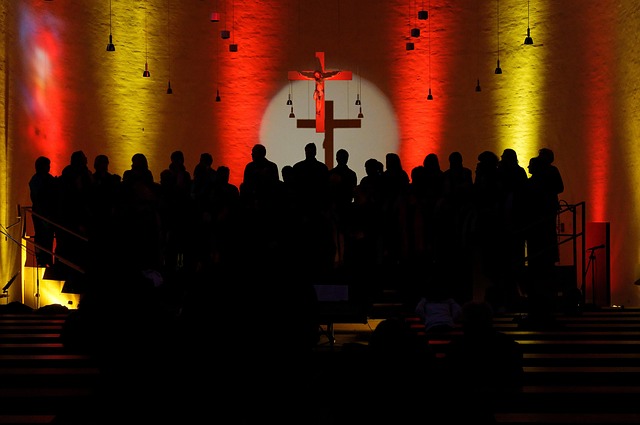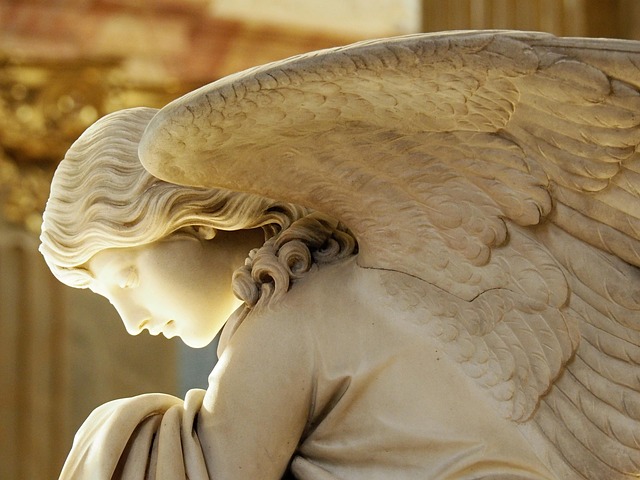The Christian faith, deeply rooted in tradition, has various expressions that reflect the diverse cultures and histories of its followers. From liturgical practices to communal gatherings, the customs within Christianity play a vital role in shaping the spiritual lives of its adherents. Like branches of a tree, each tradition grows from a common trunk, yet bears unique fruits that nourish its community.
One of the most significant aspects of Christian faith traditions is the Church calendar. This yearly cycle guides believers through the life of Christ, marking seasons such as Advent, Lent, and Easter. Each season encapsulates unique rituals and practices that allow the faithful to connect with the divine in profound ways. For instance, during Lent, many Christians engage in fasting and reflection, a time set aside for introspection and spiritual growth. These traditions cultivate a sense of belonging among believers, reinforcing their connection to God and to one another.
The sacraments, which are critical to the Christian faith, also illustrate the beauty and depth of these traditions. Practices such as baptism and communion are not just ceremonies; they encapsulate the believer’s journey and commitment to their faith. Each ritual carries with it a rich history and significance, inviting participants to experience the grace of God in tangible ways. Through these sacred moments, Christians are reminded of their collective identity, surpassing cultural and geographical barriers.
Additionally, the legacy of hymns and liturgical music enriches the experience of worship in the Christian faith. Music is a powerful medium through which the faithful express their beliefs and emotions. Traditional hymns often narrate biblical stories, making them accessible and relatable to congregations. The melodies resonate through generations, providing comfort and inspiration, as believers gather to sing praises in unison. This musical tradition is not merely a matter of preference; it serves as a unifying force that draws diverse communities together in shared worship experiences.
Another vital tradition within the Christian faith is the practice of communal gatherings. Fellowship is central to nurturing relationships among believers, fostering a sense of family within the church community. Whether it’s through Bible study groups, prayer meetings, or church picnics, these gatherings provide opportunities for encouragement, support, and growth. They remind followers that they are part of something larger than themselves, a living, breathing body of believers dedicated to supporting one another on their spiritual journeys.
Christianity also has a rich historical narrative that adds layers to its traditions. The stories of early Christians facing persecution and hardship serve as an inspiration for many believers today. Their commitment to faith amidst trials encourages modern followers to remain steadfast in their beliefs, even in the face of adversity. Understanding these historical contexts enriches the appreciation for various practices and rituals, offering insights into why certain traditions hold significant importance today.
In essence, the Christian faith traditions are not just rituals confined to a specific time and place; they are a living tapestry interwoven with the stories, struggles, and joys of countless individuals. Each act of worship, each season celebrated, and each tradition practiced is imbued with meaning and purpose, fostering a community bound by shared beliefs and experiences. As we explore these traditions, we uncover the deep connections that bind us to our faith, each other, and the divine. They serve as reminders that we are part of a vibrant and enduring legacy, one that continues to inspire and transform lives across generations.




